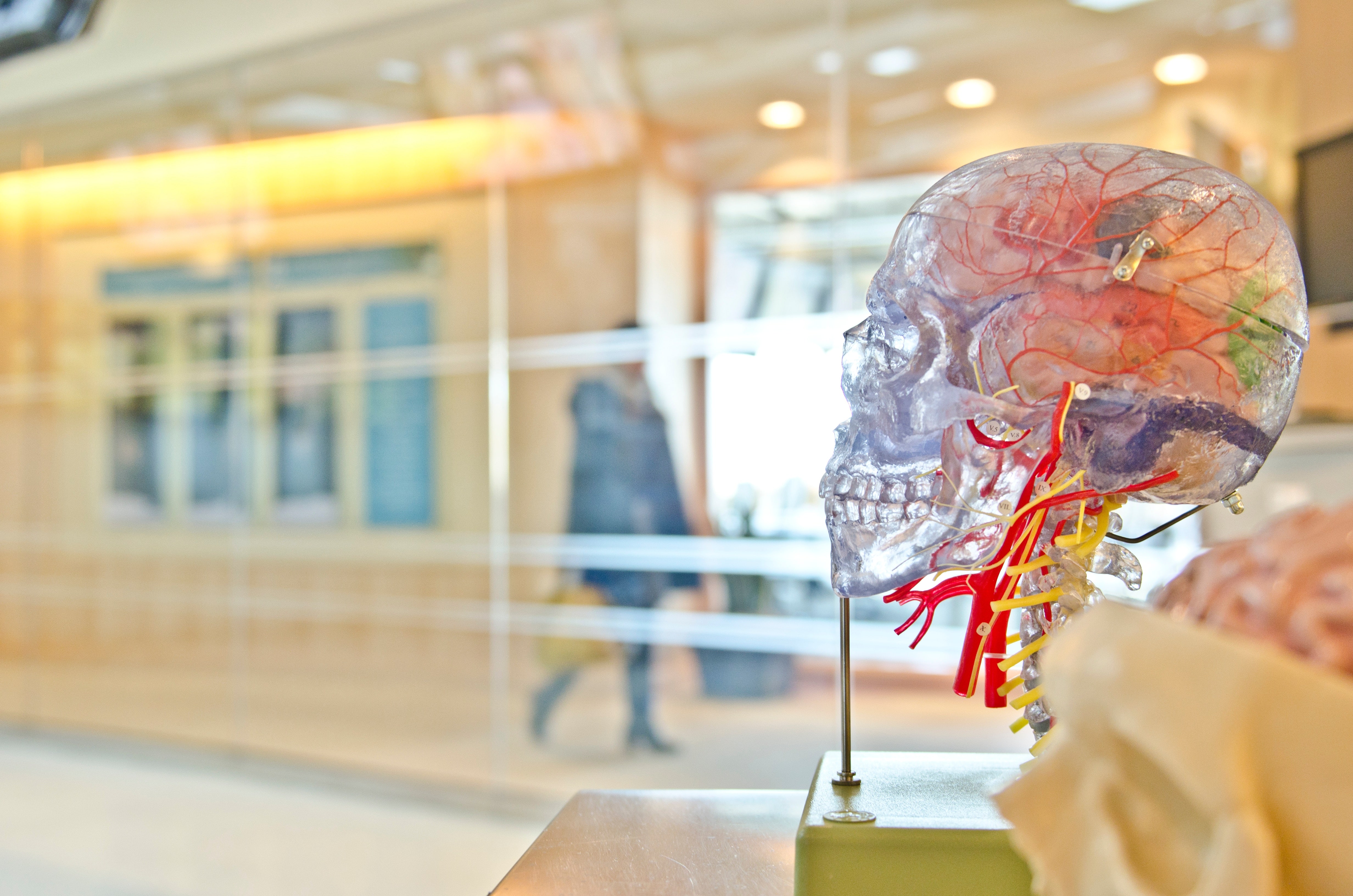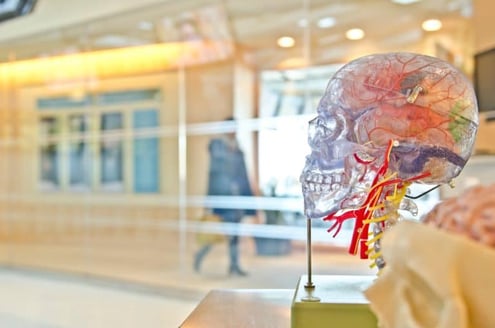Deep Brain Stimulation Offers New Hope for People with Tinnitus
October 25th, 2019 | 2 min. read
By Admin

Tinnitus is a common health complaint in Katy. About one out of every five Texans experiences a phantom ringing or other noise in their ears. There is no cure for tinnitus, but research into a new technique called deep brain stimulation is showing some promising early results.
Can a Brain Implant Help Tinnitus Sufferers?

When was tinnitus first reported?
Tinnitus has been around for a long time; reports date back as early as 1600 BC, yet researchers are no closer to a cure today than their great, great, great, great, great, great (okay, you get it!) grandparents were. One of the biggest obstacles is the highly variable nature of tinnitus. It’s so different from person to person, there isn’t even an adequate way to measure it or make a true diagnosis.
Does tinnitus interfere with daily activity?
Some people are barely bothered by their tinnitus. It might be an intermittent nuisance but nothing more.
For others, it’s a full-fledged distraction that impacts nearly every aspect of their daily lives. Those with severe tinnitus experience side effects such as sleeplessness, memory and concentration difficulties, anxiety, depression and even suicidal thoughts.
There is still a lot we don’t know about tinnitus, and that has hampered the search for a cure. When you consider that even when people are exposed to the exact same risk factors, not everybody will develop tinnitus, you can understand how difficult it is to come up with an effective solution.
What do audiologists recommend?
Instead, audiologists can only recommend management and coping strategies such as masking techniques, counseling and breathing exercises. Like tinnitus itself, these methods benefit some people more than others.
Tinnitus studies show promise
Early results from a new research study offer some hope. Dr. Steven Cheung, an otologist-neurotologist at the University of California, San Francisco, and his colleagues are testing out a brain implant to help patients with severe tinnitus.
In deep brain stimulation (DBS), electrodes are implanted in the brain and attached to a device that transmits a small electrical current to them. Patients were given different levels of stimulation beginning five weeks after brain surgery in order to find the ideal setting for their device. Once this was discovered, they received constant stimulation for a period of 24 weeks.
What have clinical results shown?
Following the first phase of the trial, 80 percent of patients (four out of five) reported a reduction in their tinnitus symptoms when treated with DBS. None of them experienced serious side effects from either the surgical procedure or brain stimulation, though there were minor symptoms such as pain and headaches.
During the adjustment period, one patient reported visual hallucinations. Overall, Dr. Cheung and his colleagues are satisfied enough to launch a Phase 2 trial, which would focus on refining the technique.
Whether DBS becomes an accepted, widespread treatment option for tinnitus patients is hard to predict. The small sample size and the need for additional testing mean a solution is still years away. In the meantime, if you are suffering from tinnitus, an audiologist in Katy can help you find relief from your symptoms. Schedule an appointment at your earliest convenience and you’ll be on your way to a better quality of life.
Related Hearing Posts:
Houston Hearing Center Office Locations
Clear Lake
11454 Space Center Blvd, Suite B
Houston, TX 77059
281-998-0530
Southeast
11914 Astoria Blvd, Suite 360
Houston, TX 77089
(281) 484-3981
Sugar Land
16545 Southwest Freeway, Suite 100
Sugar Land, Texas 77479
281-649-7215
Lorem ipsum dolor sit amet, consectetur adipiscing elit, sed do eiusmod tempor incididunt ut labore et dolore magna aliqua. Sed risus ultricies tristique nulla aliquet enim.
Topics: